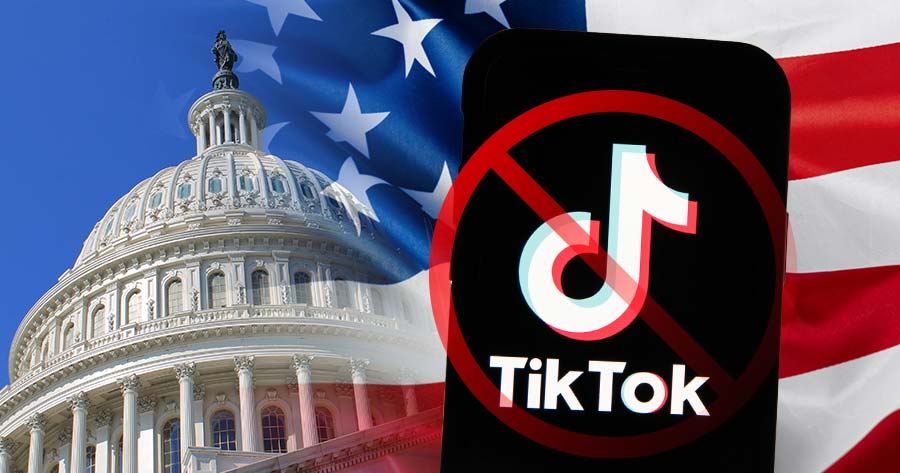TikTok and its parent company, ByteDance, have taken legal action in a U.S. federal court to challenge a law signed by President Joe Biden that requires the disposal of the popular short video app utilized by 170 million Americans or faces a ban.
The lawsuit was submitted by the companies to the U.S. Court of Appeals for the District of Columbia Circuit, contending that the law infringes on several aspects of the U.S. Constitution, including violating First Amendment free speech protections.
In the lawsuit, the companies stated that the divestiture is deemed unfeasible from both commercial and legal standpoints and emphasized that the law would lead to the shutdown of TikTok by January 19, 2025, muting the voices of the 170 million American users who rely on the platform for unique communication experiences.
Although the White House has expressed a desire to eliminate Chinese ownership due to national security concerns, it has not advocated for a complete ban on TikTok. Both the White House and the Justice Department opted not to comment on the legal challenge.
This lawsuit marks the latest strategic move by TikTok to counter attempts aimed at halting its operations in the United States, as competitors such as Snap and Meta seek to leverage TikTok’s uncertain political future to divert advertising revenue away from the platform.
Amid apprehensions among U.S. lawmakers regarding potential data access by China or spying through the app, the legislation swiftly passed Congress shortly after its introduction. TikTok has refuted allegations of sharing U.S. user data and dismissed the concerns raised by American lawmakers as “speculative.”
Representative Raja Krishnamoorthi, a leading Democrat on a House committee overseeing China, emphasized the importance of the law in addressing national security risks associated with ByteDance’s ownership of apps like TikTok.
The law prohibits app stores like Apple and Google from featuring TikTok and restricts internet hosting services from supporting TikTok unless ByteDance adheres to the divestiture deadline of January 19.
In the suit, it was highlighted that the Chinese government has expressed unwillingness to permit the divestment of the recommendation engine crucial for TikTok’s success in the United States, while also disclosing that 58% of ByteDance is under the ownership of global institutional investors, with the remaining shares distributed among the company’s Chinese founder, employees, and specifically around 7,000 Americans.




